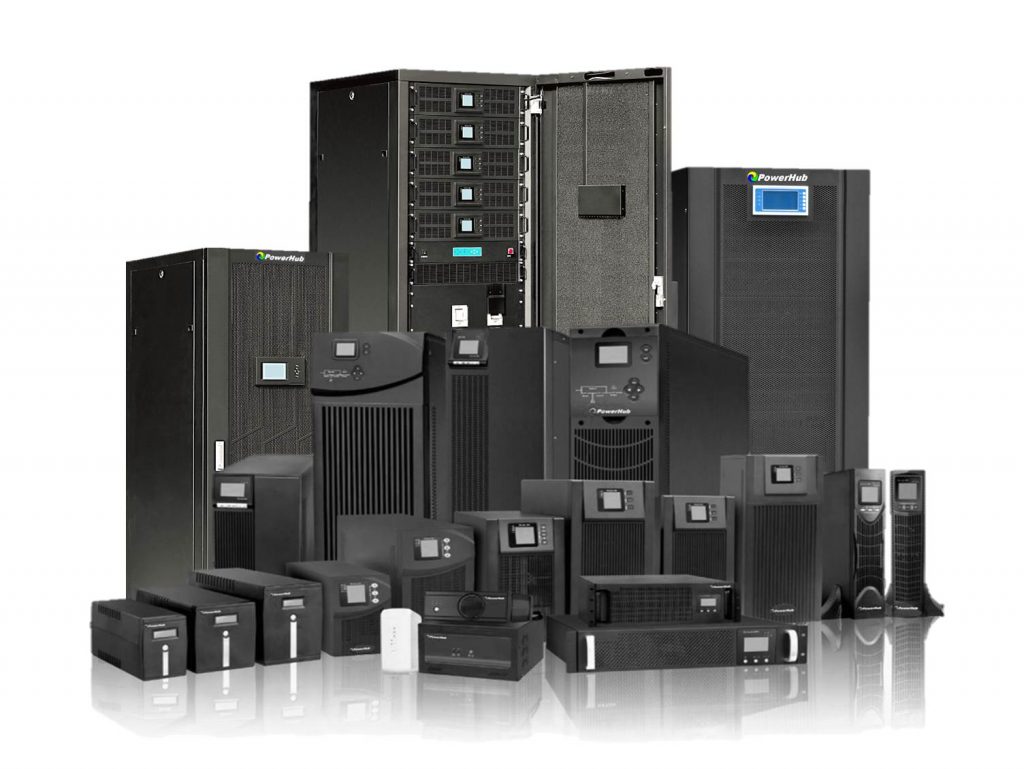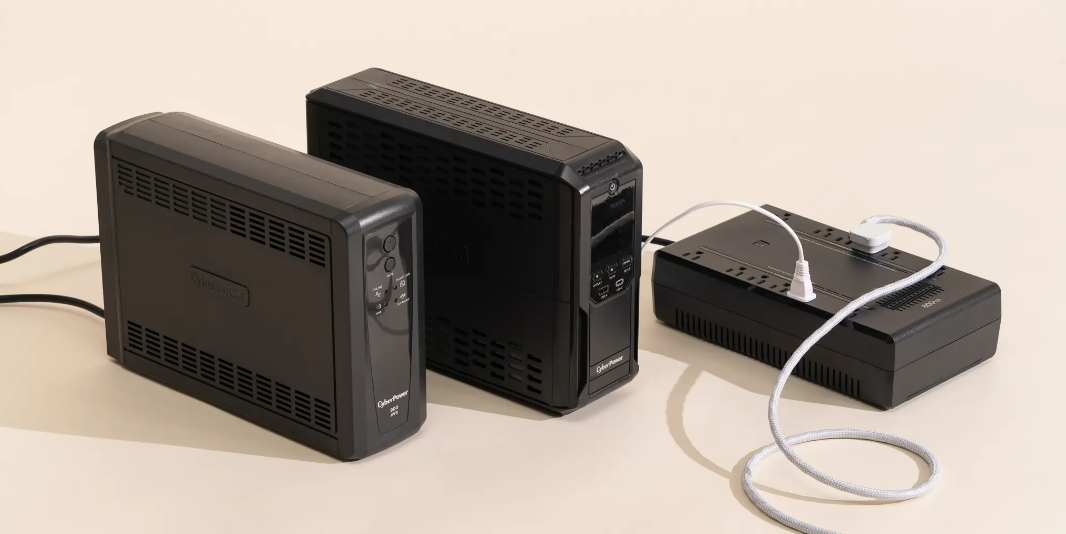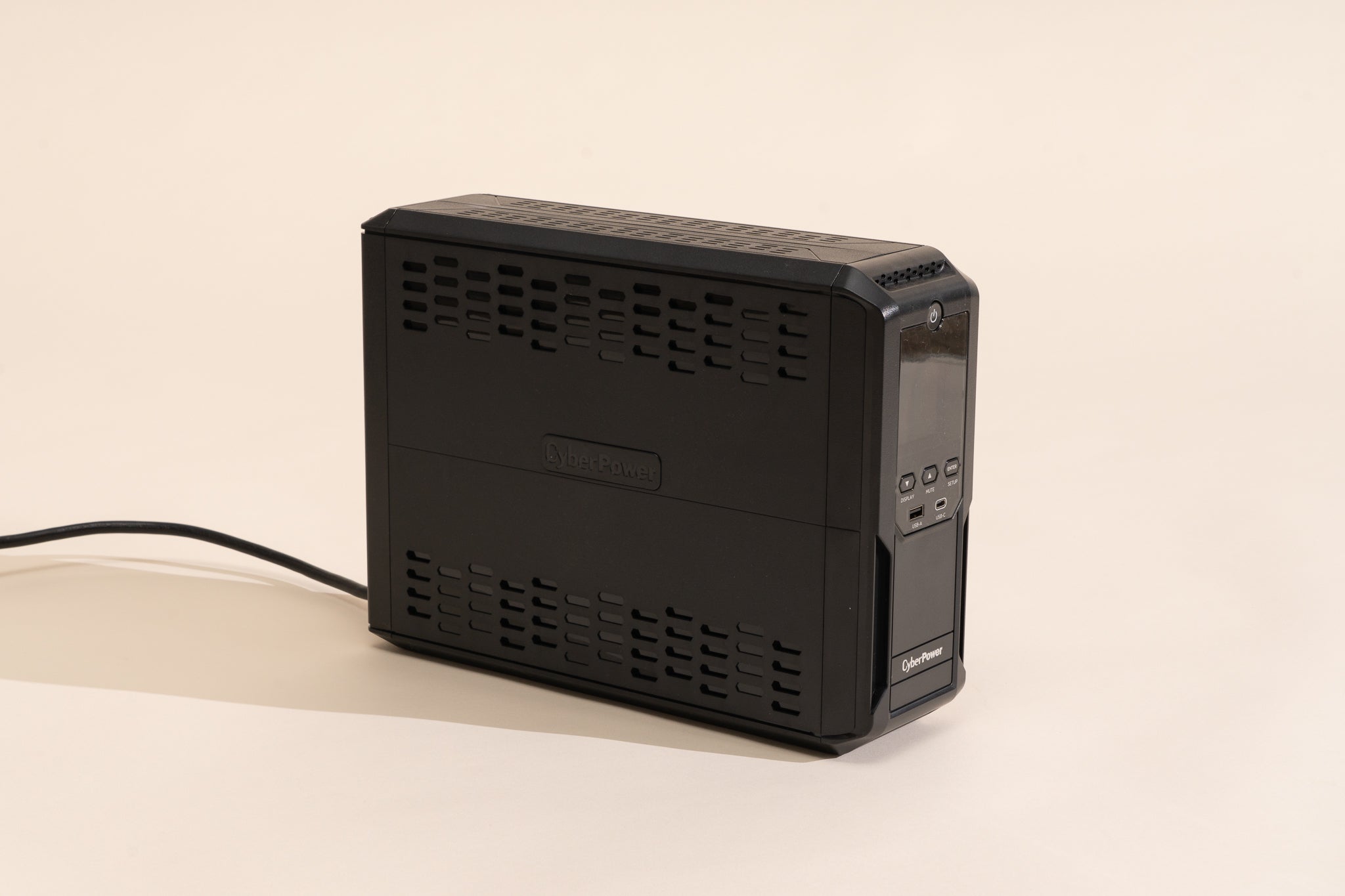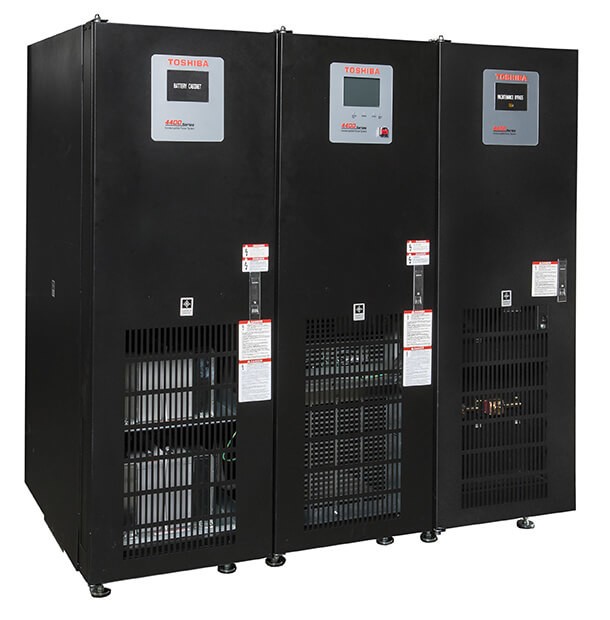Description
Uninterruptible Power Supply (UPS)
UPS which stands for Uninterruptible Power Supply is a device that provides backup power to electrical systems during power outages or fluctuations. It helps to ensure uninterrupted operation and protect sensitive equipment from potential damage. We offer different types of UPS serving various requirements and the details can be found below.
- UPS in Home and Office
- UPS in Data Center
- UPS Management Software
UPS in Home and Office
An uninterruptible power supply (UPS) greatly benefits homes, offices and businesses. It ensures a continuous power supply, even during power outages or fluctuations. This is crucial for sensitive electronic devices such as computers, Wi-Fi routers, and point-of-sale (POS) equipment. By providing a reliable battery backup, a UPS safeguards your devices from sudden power interruptions, preventing data loss, system crashes, and potential damage to hardware. A UPS also gives you ample time to save your work, shut down devices, and help protect valuable data. With its compact design and easy installation, a UPS is an essential investment for uninterrupted productivity and peace of mind.
UPS in Data Center
A 3-phase uninterruptible power supply (UPS) plays a vital role in data centers, edge computing environments, or commercial or industrial applications where uptime and data integrity are critical. The 3-phase UPS protects the availability of servers, storage systems, networking equipment, and other infrastructure components, safeguarding them from power quality fluctuations or outages. A 3-phase UPS with VRLA or lithium-ion batteries reduces the risk of costly downtime by delivering backup power to the load until longer-term backup power (such as generators) can start up or utility power returns.
UPS Management Software
UPS management software enhances the functionality and efficiency of uninterruptible power supply (UPS) devices. UPS management options provide centralized control, monitoring, and automation capabilities for proactive management of power infrastructure. With UPS management software, you can remotely monitor the status of your UPS systems, including battery health, load levels, and power consumption. Configuring alerts and notifications ensures timely response to critical events. Intelligent shutdown software enables graceful unattended shutdown and unattended start-up during adverse power events to minimize downtime and data corruption. By streamlining operations and improving visibility, UPS management software maximizes the reliability, performance, and overall lifespan of UPS devices.




